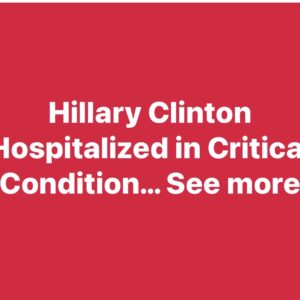A silent stroke, or silent cerebral infarction, occurs when blood flow to parts of the brain is reduced, causing damage without obvious symptoms. Often discovered later through MRI scans, these strokes are common, especially among those over 70, and are linked to conditions like hypertension, diabetes, high cholesterol, and atrial fibrillation. Though silent, their impact is significant: they can lead to cognitive decline, memory issues, and increase the risk of future major strokes, heart attacks, and dementia.
Because they produce no clear signs, many are unaware they’ve had one. Multiple silent strokes can accumulate, causing substantial brain damage over time. Managing risk factors is crucial to prevention. Key strategies include maintaining healthy blood pressure, managing diabetes and cholesterol, adopting a balanced diet, exercising regularly, quitting smoking, and limiting alcohol. Monitoring and treating heart rhythm disorders, routine health screenings, and imaging tests can help detect silent strokes early.
Healthy lifestyle choices greatly reduce risk and protect long-term brain health. Public awareness and early intervention are vital in preventing the unnoticed damage caused by silent strokes. Taking proactive steps can significantly lower your chances of experiencing one and preserve your cognitive functions for the future…
STAY TUNED !




